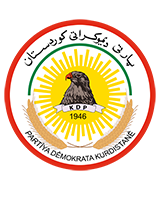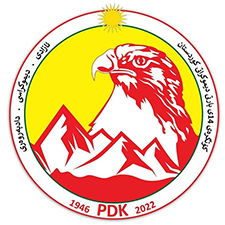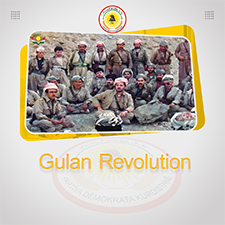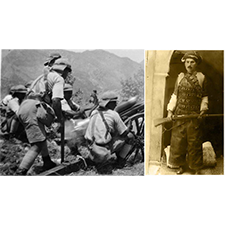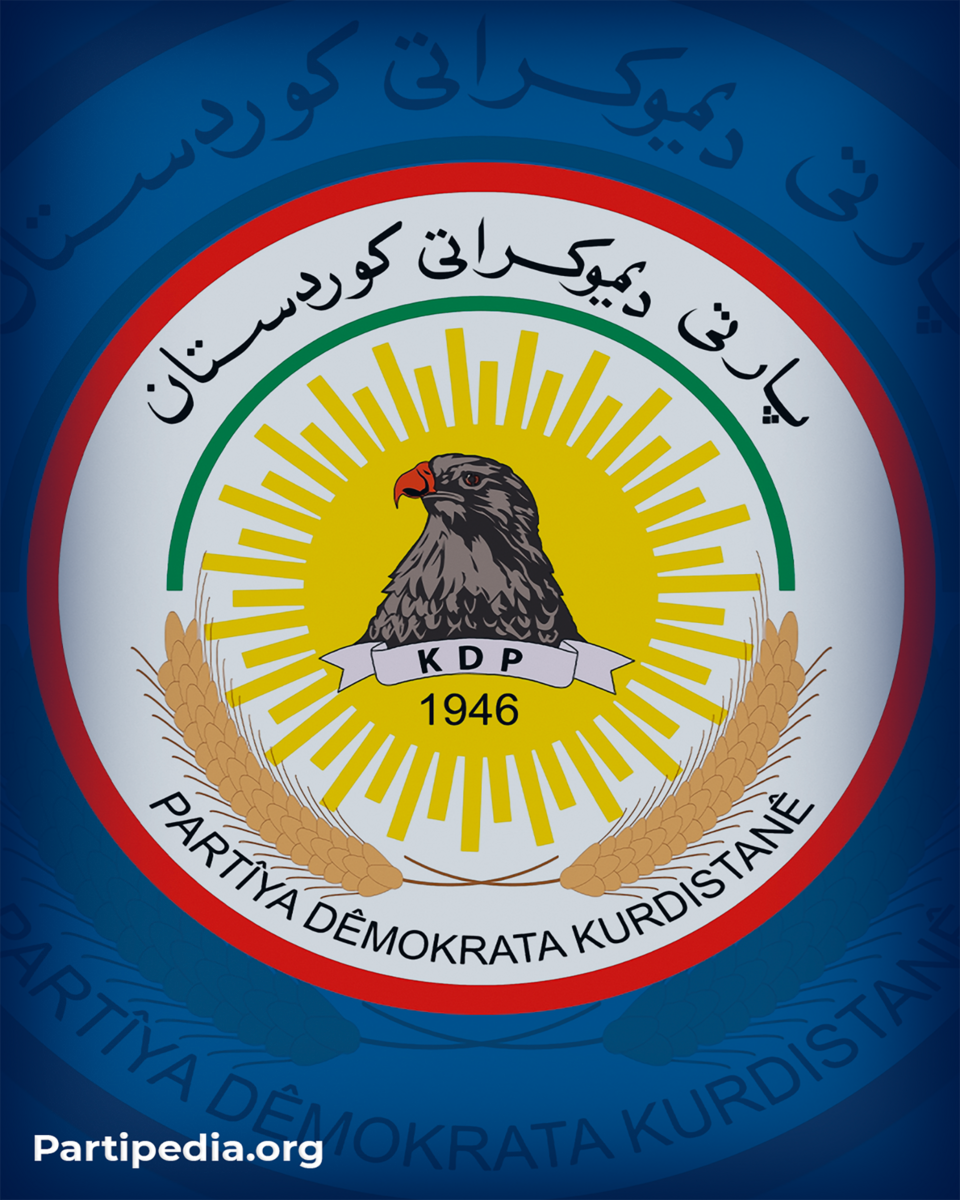The Reasons
After the victory of the February 8, 1963 coup and the Ba'ath Party took power in Iraq, several rounds of negotiations were held between representatives of the revolutionary leadership and the new Iraqi government regarding the promises made by the coup plotters to the revolutionary leadership before coming to power, the latest of which was the visit of the revolutionary delegation to Baghdad and both Egypt and Algeria
In general, the negotiations were fruitless. This time the government tried to continue the talks by sending several official delegations to President Mustafa Barzani. For this purpose, the first delegation led by Tahir Yahya, Chief of Army Staff and member of the Revolutionary Leadership Council, met with President Barzani in Chawarqurna. President Barzani handed over the autonomy project and the demands of the revolution to the delegation and threatened them that if the demands are not implemented by the end of spring, the war will resume. The project was presented to the Iraqi revolutionary leadership council, which tried to reduce their demands. For this purpose and to change the position of the Kurdish revolutionary leadership, another delegation was sent back to Chawarqurna and they met there again with President Barzani and agreed on several points in order to resolve the issues. On March 11, 1963, the Iraqi Revolutionary Leadership Council issued a statement in which it resolved the Kurdish question and its demands
The statement of the Iraqi Revolutionary Leadership Council did not contain much for the Kurds, and the negotiations did not produce any results. On this issue, President Mustafa Barzani considered it necessary to consult the Political Bureau and patriotic leaders and hold a general congress for such a national issue. For this purpose, he sent his special envoys to every corner of Kurdistan to send their representatives to the congress. After the preparations were completed, on March 16, 1963, representatives of all sections of society, including different nationalities and religions, leaders of the Kurdistan Democratic Party, commanders of the Peshmerga units of the September Revolution and revolutionary tribal chiefs arrived in Koya.
Holding a Congress
The congress was held from 18 to 22 March 1963, under the chairmanship of President Mustafa Barzani, assisted by the Peshmerga forces of the September Revolution, at the house of Mr. Ziad Agha of Koya. It was attended by 2,500 people, 200 of whom were eligible to vote. The purpose of the congress was to formulate Kurdish demands from the Iraqi government. As a result, a delegation led by Jalal Talabani was formed, which included: Saleh Yousfi, Massoud Mohammed, Hussein Khanaqa, Samad Mohammed, Habib Mohammed Karim, Agid Sadiq, Shakhawan Namiq, Babakr Rasul, Mustafa Aziz and Ihsan Sherzad. In March 1963, the delegation was sent Baghdad.
All negotiations were fruitless. The coup ruling party in Baghdad was considering unification with the Republic of Egypt and the Republic of Syria to form a unified Arab republic. The Kurdish delegation led by Jalal Talabani also visited Cairo, the capital of the United Arab Republic, for the second time with an Iraqi government delegation in order to gain the support of Jamal Abdul Nasser.
However, the negotiations failed and in early June 1963, the Iraqi army resumed a unilateral and sudden war against Kurdistan. Some of the delegation fled their residences and others were arrested on June 9, 1963, on their way back to Kurdistan at Kirkuk airport.
Sources
• مسعود بارزانی، بارزانی و بزووتنهوهی ڕزگاریخوازی كورد ١٩٦١ـ ١٩٧٥، بهرگی سێیهم، بهشی یهكهم، (ههولێر ـ چاپخانهی وهزارهتی پهروهرده ـ ٢٠٠٤ز).
• مێژووی پارتی دیموكراتی كوردستان، كۆنگره و كۆنفرانس (پرۆگرام و پهیڕهوی ناوخۆ)، بهرگی یهكهم و دووهم، (ههولێر- چاپخانهی ڕۆژههڵات- ٢٠٢١).
• محمود الدرة، القضیة الكردیة والقومیة العربیة في معركة العراق، (بیروت ـ منشورات دار الطلیعة ـ ١٩٦٣م).
• حبیب محمد كریم، تأریخ الحزب الدیمقراطي الكوردستاني ـ العراق (في محطات رئیسیة) ١٩٤٦ ـ ١٩٩٣، (دهوك ـ مطبعة خهبات ـ ١٩٩٨م).
• ئهحمهد دڵزار، بیرهوهری ڕۆژانی ژیانم، (هەولێر - وهزارهتی ڕۆشنبیری و لاوان - چاپخانهی شههاب - ٢٠١٩ز).
• كریس كوچرا، جنبش ملی كرد، ترجمهی ابراهیم یونسی، چاپ دوم، (تهران ـ موسسه انتشارات نگاه ـ ١٣٧٧ھ . ش).
• سهڵاح رهشید، مام جهلال دیداری تهمهن له لاوێتییهوه بۆ كۆشكی كۆماری، (سلێمانی – چاپخانهی كاردۆ – ٢٠١٧).
• صلاح الخرسان، التیارات السیاسیة في كردستان العراق، قراءة في ملفات الحركات و الأحزاب الكردیة في العراق ١٩٤٦-٢٠٠١، (بیروت – مطبعة البلاغ – ٢٠٠١م).




